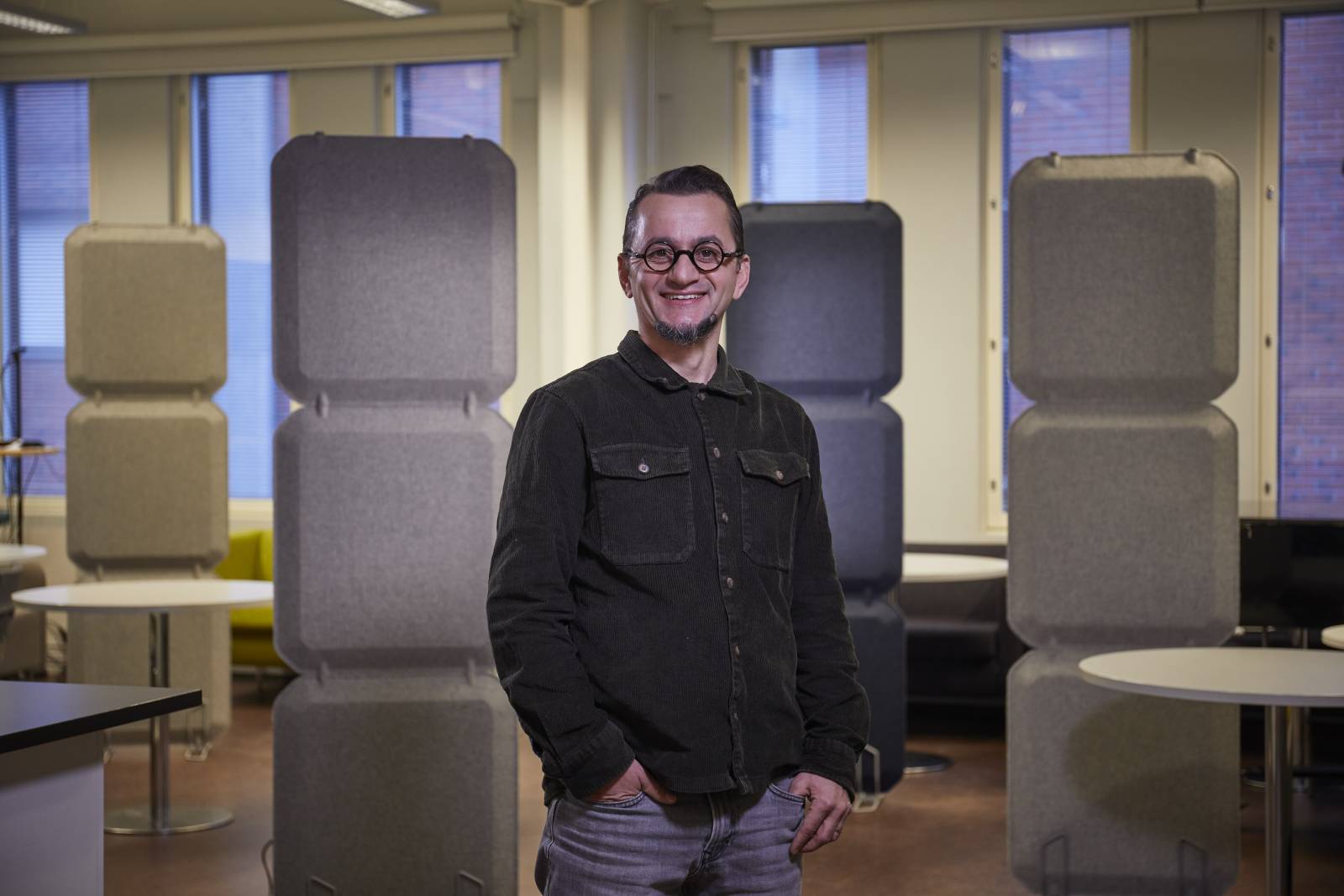Background
The landscape of business management and education practices is evolving rapidly, driven by the increasing complexity of the global business environment. Today, business schools emphasize the importance of integrating real-world projects, internships, and hands-on activities to bridge the gap between theoretical knowledge and practical application. In particular, there is growing interest in utilizing games, gamification, and role-playing scenarios to replicate real-world challenges, allowing students to practice leadership, decision-making, and crisis management in a controlled environment. Additionally, there is an increasing emphasis on developing leadership soft skills such as empathy, communication, and collaboration, as many business environments have embraced team-based structures. Recent research has highlighted the role of emergent leadership—i.e., leadership that arises organically and dynamically within teams—in successful business operations. However, there is limited knowledge about how emergent leadership develops during team collaboration. This project aims to address this gap by studying the temporal evolution of emergent leadership among teammates as they communicate in real-time during a gamified team task.
Goal
The overarching objective of this research is to explore the degree to which gamified teamwork can be fosters emergent leadership and successful team performance. Our specific objectives are as follows: Objective 1. To study the dynamic nature of social cognition in gamified teamwork. Objective 2. To study the nature of social contagion in gamified team learning. Objective 3. To explore the temporal interdependencies between social cognition and social contagion in facilitating emergent leadership. Objective 4. To develop team performance metrics from temporal social cognition and social contagion patterns. Objective 5. To apply machine learning methods on multimodal data and evaluate the explanatory power of different data channels revealing emergent leadership.
Impact
Previous research highlights the importance of emergent leaders in terms of team adaptability, innovation, resilience, and talent development in business settings. The project’s findings will enable the identification and facilitation emergent leadership through a dynamic, multilayered perspective, incorporating new and innovative methods. As a result, GATE holds strong practical promise for business field in developing future emergent leaders.
A major limitation in gamified teamwork research is its focus on the overall impact of specific game elements (e.g., points, badges, leaderboards) on learning engagement and success, while neglecting to observe the social and psychological processes triggered by these elements. This project will address this limitation by using real-time team interaction data to reveal the temporal unfolding of social cognition and social contagion in collaborative teamwork. Therefore, the project offers a new theoretical and methodological shift in understanding the dynamic interdependencies between the motivational, cognitive, and affective processes in gamified teamwork.
GATE will have a significant impact on business education by producing an educational framework for augmenting gamified learning activities with collaborative and competitive structures. Furthermore, as new forms of collaboration and competition emerge on a global scale due to increased interconnectivity, this project will provide a comprehensive understanding of how to foster productive collaboration and competition in the business world. It will help to fully exploit the potential of playful collaboration and competition to facilitate new work practices and organizational norms. Thus, the project will lay the foundation for developing sustainable team social dynamics that enable organizations to remain competitive in a fast-changing world while sustaining effective collaboration and coordination among their members.
Funding
This research project is funded by Foundation for Economic Education.
Partners and collaborators
Prof. Kristian Kiili (Tampere University)
Prof. Nanan Xi (Tampere University)
Prof. Elizabeth Cloude (Michigan State University)
Dr. Mustafa Demir (Arizona State University)

